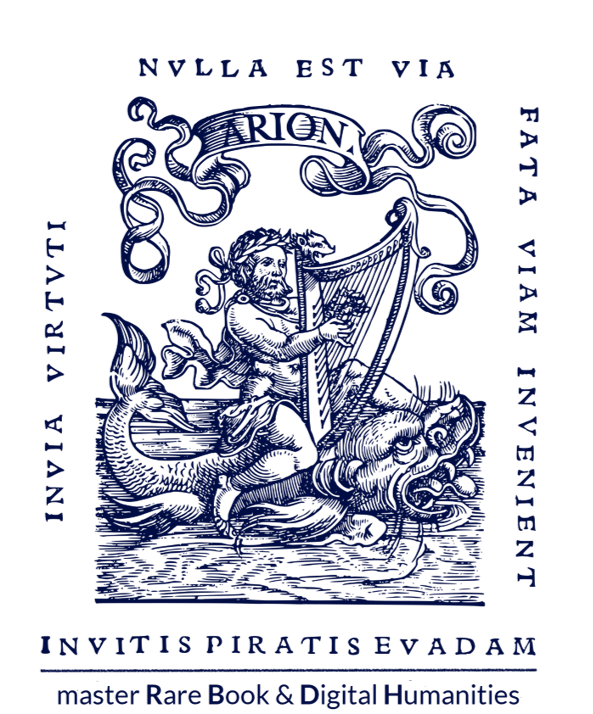In my opinion, the definition of Digital Humanities (DH) is the application of digital tools and technologies to the study and research on the different fields of humanities. DH allows us to analyze and explore humanities with more power and freedom by applying new tools that were not possible before, such as data visualization, timelining, mapping, text encoding, and many others.
Languages and literature, history, music, media and communications, computer science, and information studies all contribute to the development of new frameworks in the digital humanities. The disciplinary focus has recently broadened to encompass critical digital studies as well as topics more traditionally associated with engineering, such as machine learning, data science, and artificial intelligence. Indeed, as early consumers of technology, digital humanists predicted that computation would become increasingly important in humanities research.
I think DH also helped minimize the boundaries to reach and publish knowledge and information by making resources reachable and free most of the time via the internet or digital databases, and the content they contain is more openly accessible than previously with print. They enable humanists to more easily merge data sets, social media, sound, web, and image archives, as well as navigate across them. The development of software for analyzing, comprehending, and altering these digital resources has been equally important. allowing for the rapid dissemination of new methods, tools, and ideas across disciplinary lines. These digital tools present great possibilities for bridging the gap between the humanities and broader popular culture.


